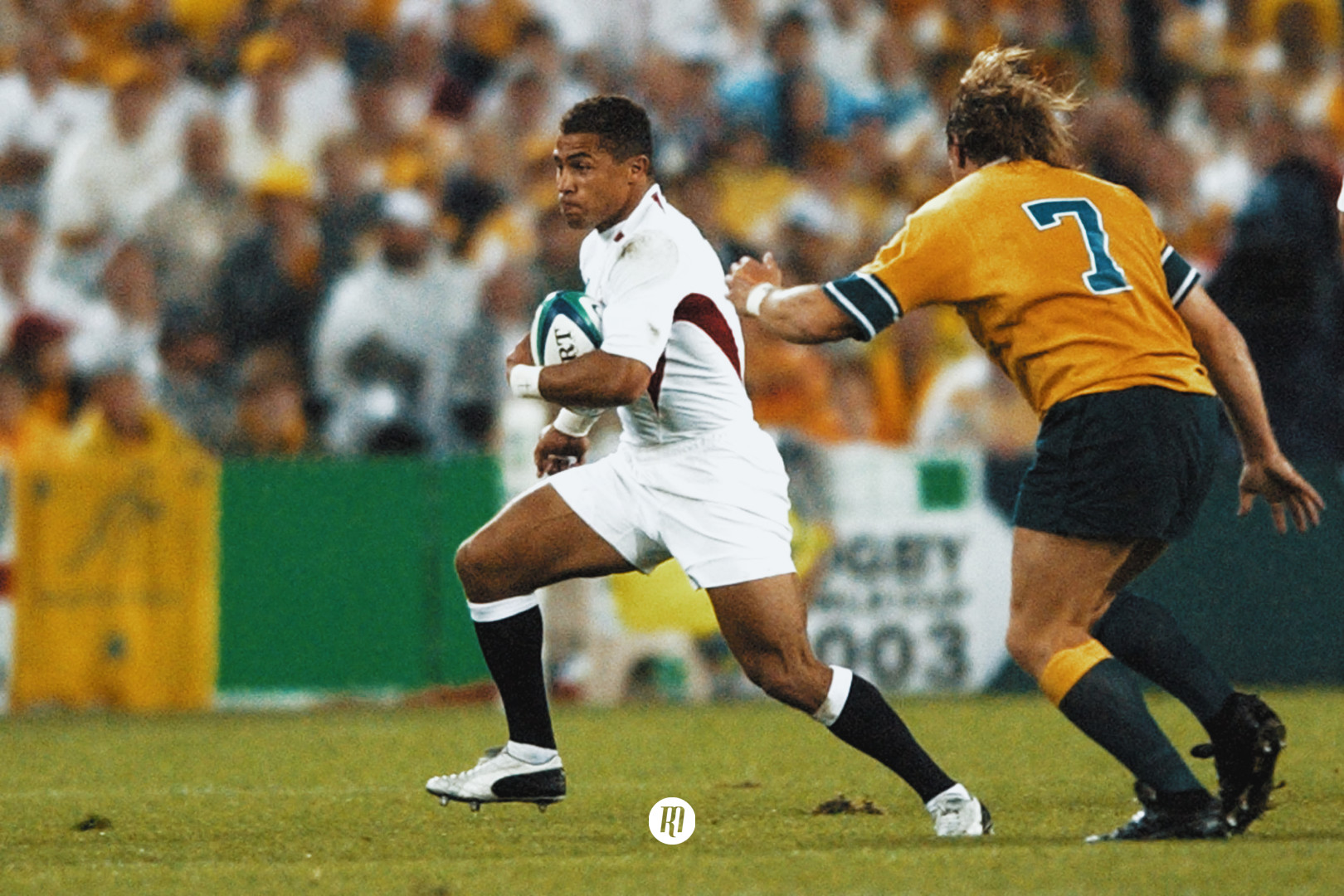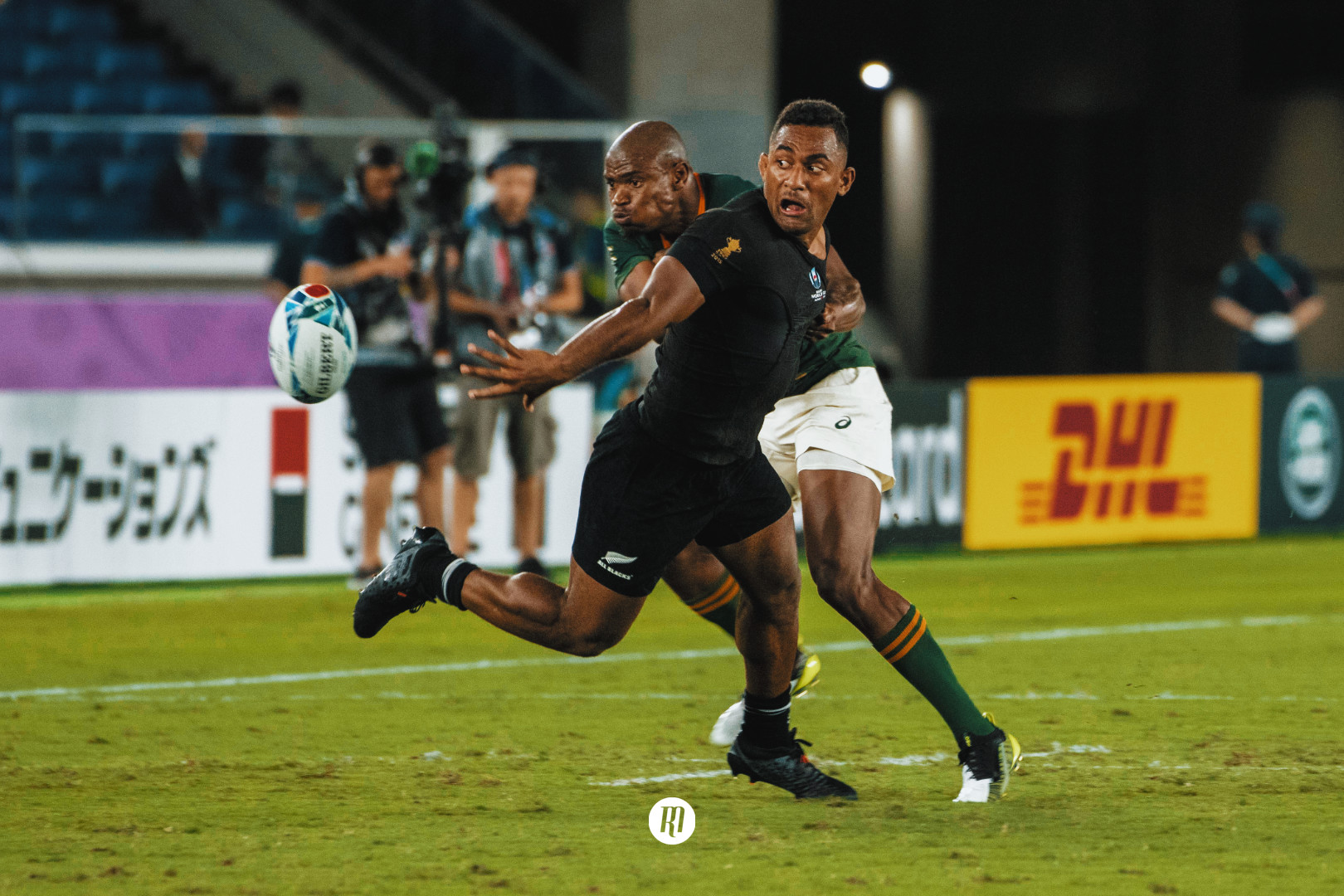Match Analysis: Super Rugby Final 2018 Crusaders v Lions
The Crusaders defended their title against a powerful Lions side in Christchurch with a resilient and incisive performance that saw them run out deserved winners.
A cold and cloudy evening greeted the two teams who had faced off against each other in Johannesburg last year. The Crusaders won that one, clinching their eighth title, and as the season played out, it looked ever more likely that they would find themselves on the podium once again.
After 14 unbeaten matches and an unbeaten record at home through 2018, they went into this game as overwhelming favourites. That didn’t bother the Lions though, who relished their underdog tag; they would be hoping to go one step further this year, appearing in their third straight final.
The Crusaders made only one change from their semi-final win over the Hurricanes, with Hayden Bedwell-Curtis coming in to replace the Jordan Taufua who broke his arm in that game.
The Lions saw Lourens Erasmus come into the pack in place of Cyle Brink, and Aphiwe Dyantyi, as a result of a hamstring injury, move to the bench to be replaced by Courtnall Skosan.
The standout players going into the fixture were certainly Richie Mo’unga and Malcolm Marx, both players with the ability to change the game in their teams favour.
Mo’unga has been pulling the strings at 10 for the Crusaders through the season bar his time on the sideline with a broken jaw, and his performances have been earning him many plaudits, and some great fantasy scores.
Marx has been drawing similar superlatives for his contribution this season, not least his ability at the breakdown where he has earned 19 turnovers. To put that into perspective, the next highest player is Agustín Creevy who sits on 9. To focus on that one stat is disingenuous to Marx however, as he has ultimately been redefining the role a hooker plays throughout the course of the season; strong with the ball in hand, great at the line out, and great in defence, he is establishing himself as one of the top players in the world game.
This wasn’t a game in which Marx had to put in too much in defence, however. The Lions finished the game with 56% of the possession, and a staggering 66% territory. That a team can crash so incessantly against such a resolute wall and find themselves on the losing side is testament to the quality of the Crusader machine.
Playing Style
At its base level, rugby is a game of manipulating and controlling space, and the Crusaders provided a masterclass in this fixture; from their incredible defence to their incisive attack, they opened and closed the game at will.
It was the contrast of playing styles that really shone in this game too; the home team played the Crusaders way; the Lions appeared to have worked on a way to deal with it, but ultimately the Crusaders proved too fluid.
The first 10 minutes belonged to the Lions though, who set up stall in the Crusaders 22. Wave after wave of attack was thwarted by a side who packed a tight wall in front of their opposition. Beyond the tackler, and for the most part a first defender who competed for the ball on the floor, the Crusaders kept their numbers back from rucks and instead fanned out, maintaining their impenetrable shield.
The Lions struggled to make gains in the contact area, and as such could not get their back line onto the front foot. The Crusaders were happy to keep their discipline and let the waters break, patiently waiting for the opportunity to get the ball in hand. It appeared as if they could tackle all day, and indeed their style of defence turned the game into an attritional battle of both strength of will and literal strength.
The Lions appeared prepared for this though, keeping the ball well in the forwards and trying to create space by dominating the contact area, and their persistence in breaking down the Crusaders was highlighted by the 71% of possession they had amassed by the half hour mark.
Indeed, by that time the Crusaders had only really had one opportunity on the ball. Here again they showed their ability to manipulate space is second to none. In contrast to the Lions, they maintained a quick tempo in attack, keeping their opposition on the back foot. Furthermore, they quickly moved the ball away from contact, creating overlaps in the forwards through the central channel.
The Lions defensive line speed at first seemed quite passive, but it slowly became clear that they were trying to nullify the acute angles run by the Crusaders midfield by presenting a tight flat defence. Equally, they appeared to allow Richie Mo’unga time and space on the ball in front of them in the hope that maintaining a solid defence would allow them to manage and control his options.
Of course, with the ability of the Crusaders forwards to open the game up through the centre of the field, the defensive organisation of the Lions became ragged and they began chasing the ball. Quick ball from the ruck, and a momentary delay in passing from Mo’unga was enough to draw in the Lions’ two outside men, and a floated pass to Seta Tamanivalu gave us the first score of the game.
Mo’unga was deservedly given man of the match for his performance in this fixture. His composure on the ball, reading of the game and impeccable timing of the pass kept the Crusaders on the front foot. Shortly before half time, it was his break away from an Elton Jantjies up and under that provided the platform for the Crusaders second score. Jack Goodhue looked destined for the line after great peripheral vision from Mo’unga found him with a pass, but he was expertly brought down by Lionel Mapoe two metres short. A quick pass from the ruck from Bryn Hall found David Havili who had little to do but crash over the line.
The Crusaders went in at the break leading 20 points to 6.
Small Margins
The Lions started the second half with an improved tempo in attack and were rewarded for their persistence with a try 10 minutes into the second half. Huge strength from Cyle Brink broke Matt Todd’s tackle, the smallest glimmer in the otherwise impenetrable defence, and he cantered to the try line from just outside the 22. The Lions were back in with a shout.
It wouldn’t last ten minutes, however. The Crusaders again showed their ability in moving the ball away from contact quickly and decisively through the middle of the field after a thundering run from Matt Todd had breached the defence. His pop pass found Codie Taylor, whose soft hands left Mitchell Drummond with a short dash to the try line.
The Lions higher tempo through this half was visibly having an effect on their gains and they were winning more of the collisions in the midfield. By this time, Ryan Crotty had found himself in the sin bin for persistent fouling, and the Lions were looking to capitalise on their one man advantage. Indeed, one minute after Crotty had left the field, Malcolm Marx bulldozed his way through two players to score.
With ten minutes remaining, and the score at 30 points to 18, there was everything to play for.
And yet, it all looked like evaporating once again within two minutes. From a quick line-out on the half way line, George Bridge ripped open the defence and glided into the 22. From there, a strong ruck and swift movement of the ball away from the contact area again brought dividends; Scott Barrett powered his way under the posts.
The final ten minutes saw both teams share periods with the ball, with the Crusaders doing their best to play the game down, and then the Lions crashing desperately at the defence. As the clock moved into overtime, the Lions found themselves camped on the try line, but a steal at the death denied them any final glory.
The final score, 37 points to 18.
In the end, the difference was preparation. Not a lack of preparation in the build up to the fixture, but more the preparation that comes from years of playing a particular style and culture of rugby. The Crusaders have built their dynasties on culture and ethos. Where the Lions looked like they were struggling for an alternative approach, the Crusaders showed their ability to adapt and play what was in front of them.
Maintaining that ethos within a team gives the players confidence in themselves and those around them, and gives them the mental strength to come through games like this.
It wasn’t just the 23 players who were responsible for this win today, it was all those who have gone before.

Filed under:
Super Rugby, Match Analysis
Written by: Edward Kerr
Follow: @edwardrkerr · @therugbymag




